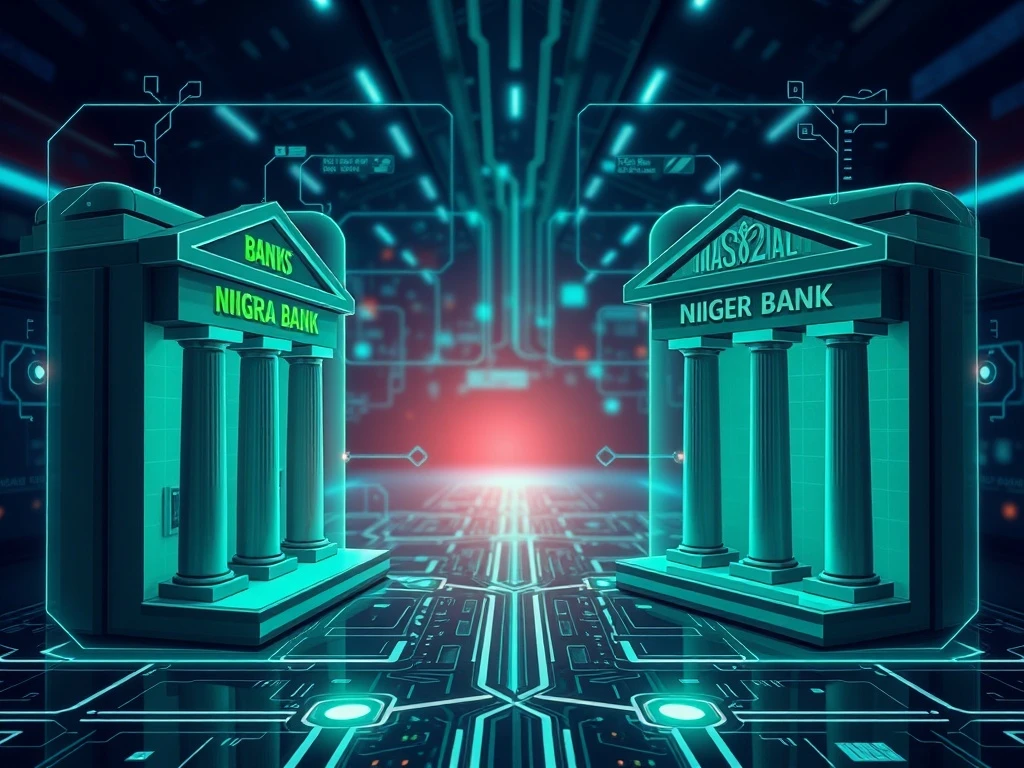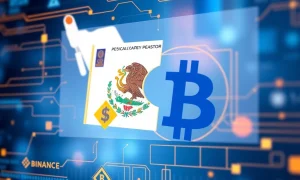Nigeria’s financial landscape undergoes dramatic transformation as the NIP payment system emerges as the invisible backbone powering the nation’s cash-lite revolution. This innovative infrastructure enables millions of Nigerians to conduct seamless transactions without physical currency.
Understanding Nigeria’s NIP Payment System
The Central Bank of Nigeria launched the NIP payment system to revolutionize financial transactions. This system processes interbank payments in real-time, operating 24/7 without traditional banking hour limitations. Consequently, it eliminates manual processing needs and reduces fraud risks significantly.
Key Features of the NIP Infrastructure
The NIP payment system offers several critical advantages:
- Real-time settlement: Immediate fund transfers between accounts
- 24/7 availability: Continuous operation beyond banking hours
- Reduced costs: Lower transaction fees compared to traditional methods
- Enhanced security: Automated processing minimizes human error risks
Driving Financial Inclusion Through NIP
The NIP payment system dramatically improves financial access across Nigeria. It serves as foundation for mobile banking and fintech innovations. Underserved populations now participate in formal financial systems conveniently. Moreover, cross-border transaction capabilities expand economic opportunities regionally.
Growth Metrics and Adoption Trends
Transaction volumes through the NIP payment system show consistent monthly increases. Millions of transfers occur through this platform regularly. This growth reflects shifting consumer preferences toward digital solutions. Additionally, government policies actively encourage cashless transactions nationwide.
Regional Impact and Future Potential
Other African nations view Nigeria’s NIP payment system as potential model for modernization. The system supports regional payment integration efforts effectively. However, cybersecurity challenges require ongoing attention and investment. Sustained infrastructure development remains crucial for long-term success.
FAQs About Nigeria’s NIP Payment System
What does NIP stand for in Nigerian banking?
NIP means Nigerian Interbank Payment System, facilitating real-time funds transfer between banks.
How does the NIP system reduce transaction costs?
It eliminates intermediaries and manual processing, automatically lowering operational expenses.
Is the NIP payment system available to individual users?
Yes, individuals access NIP through banking apps and online platforms for personal transfers.
What security measures protect NIP transactions?
The system employs encryption, authentication protocols, and continuous monitoring against fraud.
Can NIP handle international transactions?
Currently it focuses on domestic transfers, but integration with regional systems is progressing.
How does NIP support financial inclusion?
It enables digital banking access for populations without physical bank branch proximity.






